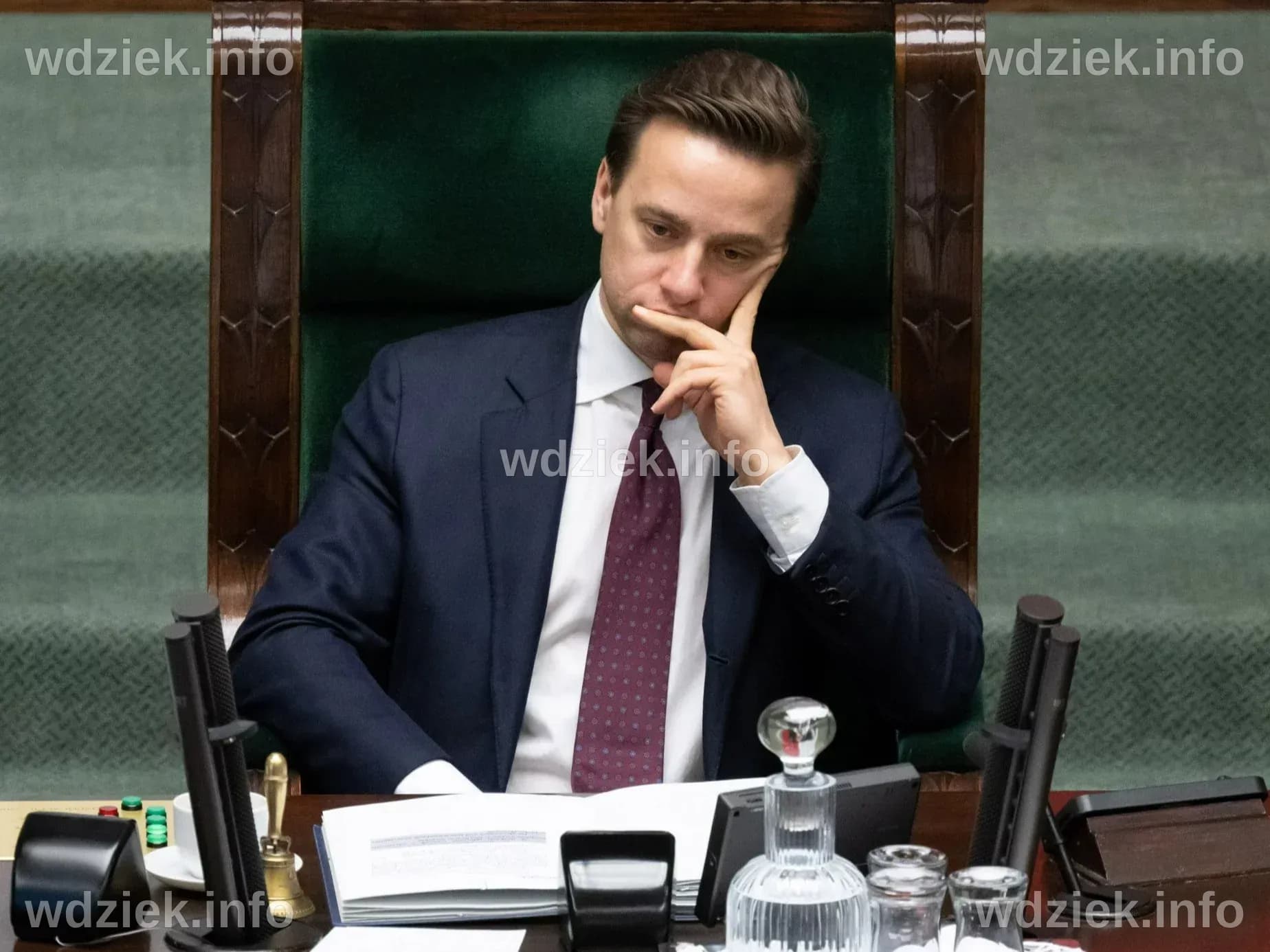Krzysztof Bosak's Education: A Comprehensive Overview
Krzysztof Bosak is a notable figure in Polish politics, known for his involvement in various political movements and parties. In this article, we will explore his educational background, the institutions he attended, and how his education has influenced his political career.
11. The Importance of Lifelong Learning in Politics
Krzysztof Bosak emphasizes the significance of lifelong learning as a crucial component for anyone involved in politics. Continuous education not only enhances one's knowledge but also ensures that political leaders remain relevant in an ever-evolving society.
In a rapidly changing world, the ability to adapt and learn new information is vital. According to a report by the World Economic Forum, 94% of business leaders expect employees to pick up new skills on the job. This trend is mirrored in the political sphere, where ongoing education can equip leaders like Bosak with fresh perspectives on pressing issues.
"Lifelong learning is key to staying relevant in any field, especially politics, where change is the only constant." - Education Expert
For Bosak, lifelong learning means not only staying informed about current events but also engaging with diverse educational resources, such as workshops, seminars, and online courses. This commitment helps him to address contemporary challenges with informed strategies that resonate with voters.
12. Case Studies of Successful Educational Reforms Globally
Examining successful educational reforms from around the world can provide valuable insights for Krzysztof Bosak as he advocates for changes in Poland's education system. Countries such as Finland and Singapore have implemented innovative educational practices that could serve as models.
| Country | Key Educational Reform | Impact |
|---|---|---|
| Finland | Emphasis on student well-being and less standardized testing | Higher student satisfaction and improved academic performance |
| Singapore | Integration of technology in classrooms and personalized learning | Enhanced critical thinking and problem-solving skills among students |
In Finland, the educational reform focused on student well-being and reducing the pressure of standardized testing. This approach has led to higher student satisfaction and improved academic performance, making it one of the top education systems globally. On the other hand, Singapore's integration of technology and personalized learning has produced students who excel in critical thinking and problem-solving, skills essential for the modern workforce.
By studying these reforms, Bosak can gain insights into how to create an education system in Poland that not only respects national values but also prepares students for the global economy.
13. Future Trends in Education and Politics
As we look to the future, several trends are emerging that could significantly affect education and politics in Poland. One of the most notable trends is the increasing role of technology in education. Remote learning and digital resources are becoming more prevalent, prompting educators to rethink traditional teaching methods.
Research from the Education Corner indicates that technology can enhance learning experiences by providing students with access to a vast array of resources and interactive platforms. This shift presents an opportunity for politicians like Bosak to advocate for policies that promote digital literacy and access to technology in schools.
Additionally, the rise of global citizenship education is reshaping how educators approach teaching. Programs that focus on social justice, environmental sustainability, and cultural awareness are becoming more common, fostering a generation of students who are not only informed about their national identity but also prepared to engage with global issues.
"The future belongs to those who prepare for it today." - Malcolm X
For Bosak, embracing these trends means advocating for educational policies that integrate technology and global citizenship into the curriculum, ensuring that Polish students are well-equipped to navigate the complexities of the modern world.
8. The Role of Education in Political Identity
Krzysztof Bosak's educational journey is not just a personal achievement; it reflects the broader theme of how education shapes political identity. In contemporary politics, educational background often influences leaders' perspectives and policies. Bosak is a prime example of how political beliefs can be molded through academic experiences.
Studies show that individuals with a strong educational foundation in political science or related fields are more likely to engage in civic activities and political discourse. According to a report by the European Commission, higher education correlates with increased voter turnout and political activism.
"Educated individuals are more likely to participate in the political process, as they possess the tools to critically analyze information and engage in informed debates." - Political Analyst
For Bosak, his education in Political Science allowed him to understand the intricacies of party politics and voter behavior, enabling him to craft messages that resonate with his constituents. His ability to articulate complex political theories in relatable terms has made him a significant voice in Polish politics.
9. Impact of Global Educational Trends on Bosak's Views
The global landscape of education is constantly evolving, influenced by technological advancements and changing societal needs. Krzysztof Bosak's political ideologies may also be shaped by these trends, notably in how they relate to national identity and sovereignty.
One trend is the rising importance of digital literacy in education. As a proponent of traditional values, Bosak often emphasizes the need for education that respects cultural heritage while integrating modern skills. This dual approach can be seen in his advocacy for curricula that include both Polish history and contemporary global issues.
In a survey conducted by the OECD, it was found that countries that blend traditional education with modern skills training tend to produce more well-rounded citizens capable of critical thinking and civic engagement. Bosak's vision aligns with these findings, as he aims to reform Polish education to include not only traditional knowledge but also skills that prepare students for a globalized world.
10. The Influence of Community-Based Education Initiatives
Krzysztof Bosak believes in the importance of community-based education initiatives as a means to foster civic engagement among youth. These initiatives often focus on practical applications of civic knowledge, allowing young people to experience firsthand the impact of their participation in democracy.




